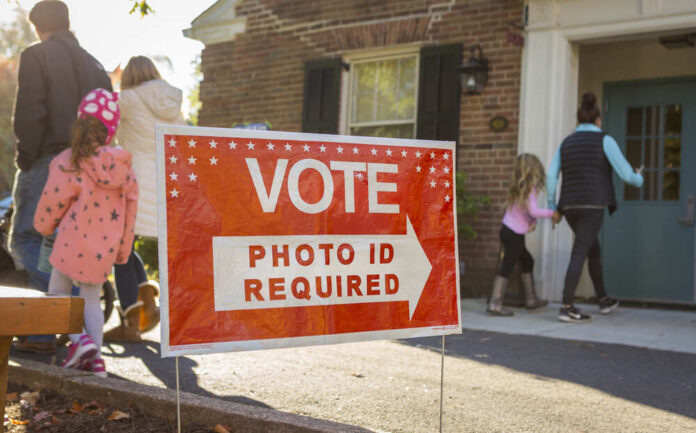
In a recent congressional hearing on the John Lewis Voting Rights Act, Democratic witnesses struggled to provide a clear “yes” or “no” answer when asked if non-citizens should be allowed to vote in federal elections.
The Senate Judiciary Committee held the hearing on March 12 to discuss the legislation, which aims to establish preclearance requirements for states and municipalities with a history of voter discrimination. The bill, reintroduced by Sen. Richard Durbin (D-IL), has faced resistance from Republicans in the past.
During the hearing, Sen. Mike Lee (R-UT) posed a series of questions to the Democratic witnesses about the voting rights of non-citizens. However, the witnesses were unable to provide a straightforward “yes” or “no” response.
Damon Hewitt, executive director at The Lawyers’ Committee for Civil Rights Under Law, claimed that his organization does not have a specific stance on the issue and instead emphasized their advocacy for all Americans to vote if they are eligible under current law.
Lydia Camarillo of the Southwest Voter Registration Education Project stated that non-citizen voting is a decision of state law and that she supports states determining voter eligibility for various elections. She also expressed her belief that leaders should encourage people to naturalize and then vote in federal elections.
Sophia Lin Lakin, director of the ACLU Voting Rights Project, acknowledged that federal law prohibits non-citizens from voting in federal elections but emphasized the organization’s focus on enabling all eligible voters to cast their ballots.
In contrast, the two Republican witnesses, Maureen Riordan of the Public Interest Legal Foundation and Hans von Spakovsky of the Heritage Foundation’s Election Law Reform Initiative, both opposed allowing non-citizens to vote in federal elections.














